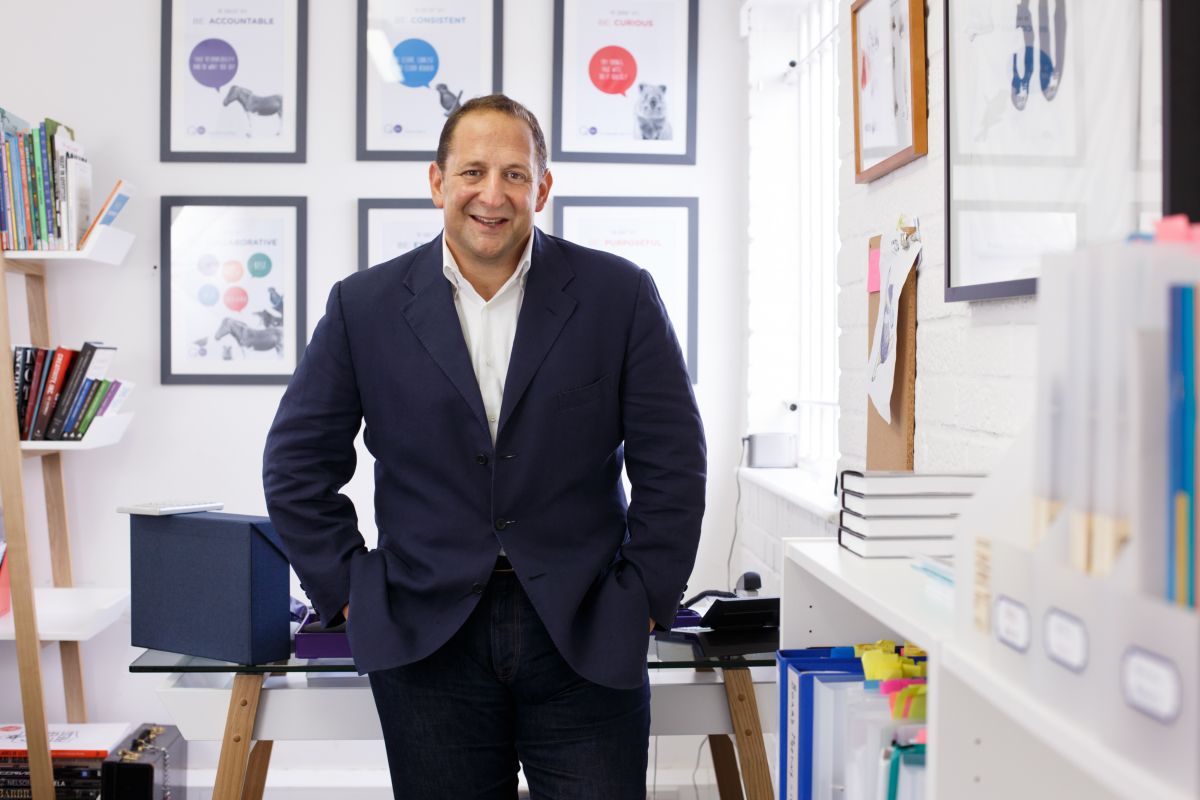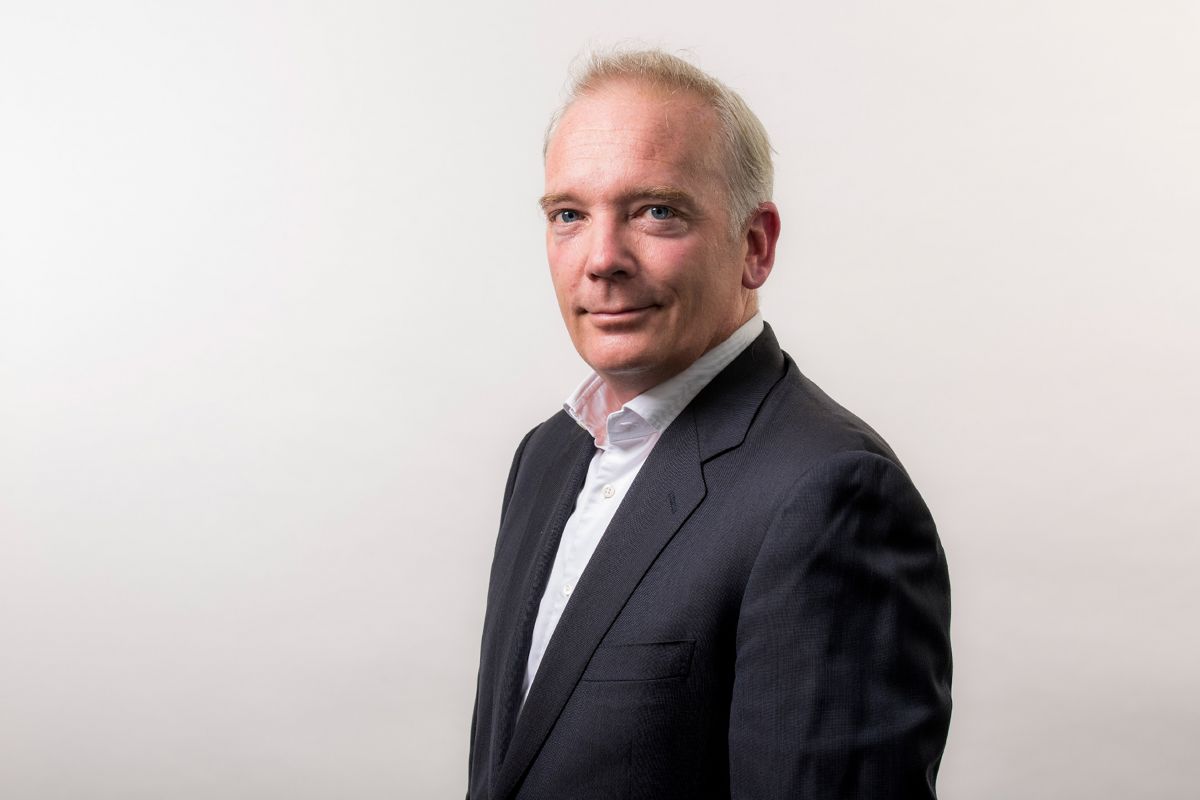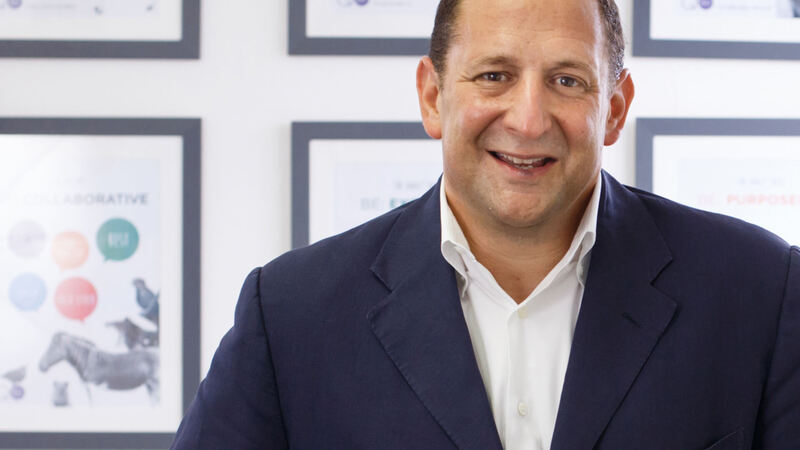You are viewing your 1 free article this month. Login to read more articles.
Welbeck Publishing primed for fiction push
Last week Welbeck Publishing, the business that has emerged out of Carlton Books following its sale to Marcus Leaver and Mark Smith in April, announced a print-only deal with thriller writer Mark Dawson. It sees Welbeck publish Dawson’s John Milton books, beginning in April 2020 with The Cleaner, with subsequent titles in the million- selling, 14-strong series to be published every three months.
The deal was typically Mark Smith: splashy, yet pragmatic, a buy that says as much about the business he co-runs with Leaver as it does about the books. “No one is really doing this kind of deal in the trade,” says Smith. “We are saying to agents, we don’t need everything. We can’t sell e-books better than Mark Dawson, but we can find a new market for them in print.”
Smith will publish 20 fiction titles in 2020, and 10 narrative non-fiction books. He has been here before, first at Quercus and most recently at Bonnier Zaffre, where he was able to open the Bonnier purse to pull in Lynda La Plante and Wilbur Smith. At Welbeck he will operate differently. “At Bonnier it was all about the race. We are moving quickly, but it doesn’t feel like a race.”
He and Leaver, former c.e.o. of Quarto, whose skills and interests are mainly in the area of illustrated books, own 60% of Welbeck, with 10% taken by Think Publishing, and the rest by friends.
Having both worked in corporate environments, whatever they do now, it will be on their own terms. Leaver says: “We’ll be using everything that we’ve learned in the various places we’ve been, but now we want to do it in the way we want to do it.”
In 2018, the business reported sales of £15.6m, with profit up to £1.4m. But it was under-exposed to the UK trade, with the rump of its operation built on coedition and overseas sales. In Nielsen terms its market share was less than 1%, on sales of £2.8m. It means half the task is simply building on what it already has. “This is a business where we can have a big impact in a short space of time,” says Leaver.
Smith adds: “The culture here has been, if we have sold it, then we will make it. But that isn’t necessarily appropriate for what should be our biggest segment, the home market. We want to change from, effectively, being a packager that accidentally sells books through the trade, to a publisher that sells coeditions.”


Marcus Leaver and Mark Smith
One of the first tasks has been to improve its links with retailers. Leaver adds: “I have an email printed out from a customer who said they didn’t buy books from Carlton because it was too hard—really? So we’ve done a lot to change things internally.”
Key appointments include James Horobin, poached from Bonnier to be its sales, marketing and publicity director; Wayne Davies, who joined as group publisher for non-fiction; Alex Allan, who came in to head its children’s publishing; and former agent Jon Elek who will lead the new commercial fiction imprint Portland Press. Malcolm Edwards has also joined to dig into and revitalise the Andre Deutsch list.
Other changes have been the re-alignment of its design department (it now reports into the publishers) and the refurbishment of its Mortimer Street offices (staff no longer have to enter the building via a side entrance). For Leaver, it is a far cry from when he ran Quarto, the heavily-indebted group that had seven offices, around the world. “Everyone here is on three floors, so I can tell people if I don’t like something. Getting the buy-in internally is important. You have to talk the talk and walk the walk, convince the staff and talk to the customers [about the changes].”
Growth is not itself the end-goal. “I don’t see [the business] changing radically,” says Leaver, “we’d just like to see more of it sell through the trade, and that means hard-working books. Having competed with Carlton, and sold the list for many years, the books were only ever 80% there. There was always a slight grumble. I’ve always tried to make the right book, for the right people, at the right price.”
“It’s less about revenues, more about becoming the leading UK independent,” says Smith.
Leaver adds: “If we grow the business in the way we want, and have a few successes in fiction with some well-known authors, we’ll be in pretty good shape. It will be a very commercial business—I don’t think we’ll win the Booker. But that’s OK with me.”













